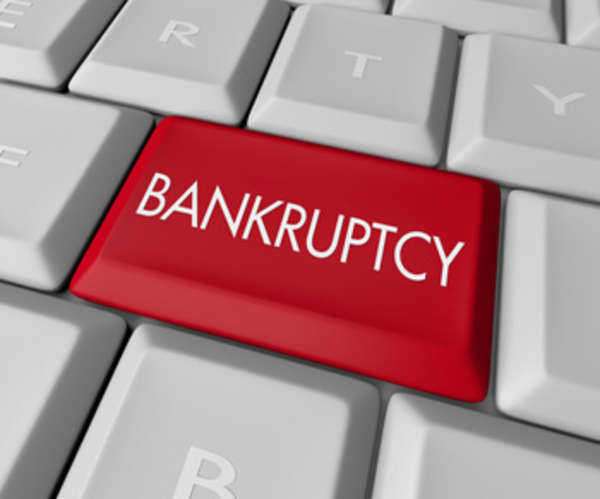Chapter 11 vs Chapter 13
All About Chapter 11 vs. Chapter 13 Bankruptcy

Most individuals have two bankruptcy options available to them, Chapter 7 Bankruptcy and Chapter 13. Chapter 11 bankruptcy is usually thought of as primarily for businesses, which it is. However, certain individuals with high property ownership or high income may be eligible to file for Chapter 11 bankruptcy as well. But these are the same types of individuals who file for Chapter 13 bankruptcy. So who is the difference in Chapter 11 vs Chapter 13 bankruptcy and how do you know which one is right for you?
Chapter 13 Bankruptcy
Chapter 13 bankruptcy is usually defined against Chapter 7 bankruptcy, where Chapter 7 is for low income individuals with unsecured debt (usually an individual whose income is below the national median). By way of distinction, Chapter 13 is for higher income individuals whose debts are secured and for things like their college educations or the homes they live in. In Chapter 13 bankruptcy, you and your lawyer work with a court to create a payment plan by which you can pay off your debt using your own income. Little of your property has to be liquidated, but the debt-payment process is a long one, usually lasting three to five years. Its payment plan assumes that you have disposable income and all or nearly all of that disposable income can be used to pay off your creditors.
Chapter 11 Bankruptcy
In order to file for Chapter 13 bankruptcy, you must have less than $336,900 like credit card debt in unsecured debt and $1,010,000 in secured debt like mortgage payments. If your debt is greater than that, then Chapter 11 bankruptcy may be the only bankruptcy method available to you. Similar to Chapter 13 bankruptcy, a payment plan is created and overseen by a judge according to which an individual can get out of debt and pay back their creditors. Since Chapter 11 bankruptcy is usually meant for companies, its particular structure reflects an attitude of protection towards investors. For instance, the debtor remains in possession of all of their property, becoming a so-called “debtor-in-possession,” a practice that can be explained by remembering that corporate stockholders are actually in possession of the assets of the company that they’ve invested in, and Chapter 11 bankruptcy is intended, in part, to protect investor interest.
Chapter 11 vs. Chapter 13 Bankruptcy
Chapter 11 vs Chapter 13 bankruptcy offers greater flexibility for the debtor.” Some powers possessed to the debtor under Chapter 11 bankruptcy include the ability to avoid liens, reject leases with no punishment, extended repayment time, and the ability to object to creditor claims. The main reason to favor Chapter 13 bankruptcy when comparing Chapter 11 vs. Chapter 13 bankruptcy is that Chapter 13 is much easier. Chapter 11 usually requires the services of a Chapter 11 bankruptcy lawyer, which can put upon you an additional financial burden. Even without lawyer fees, Chapter 11 bankruptcy can be an expensive process: the court filing fee along is over one thousand dollars.